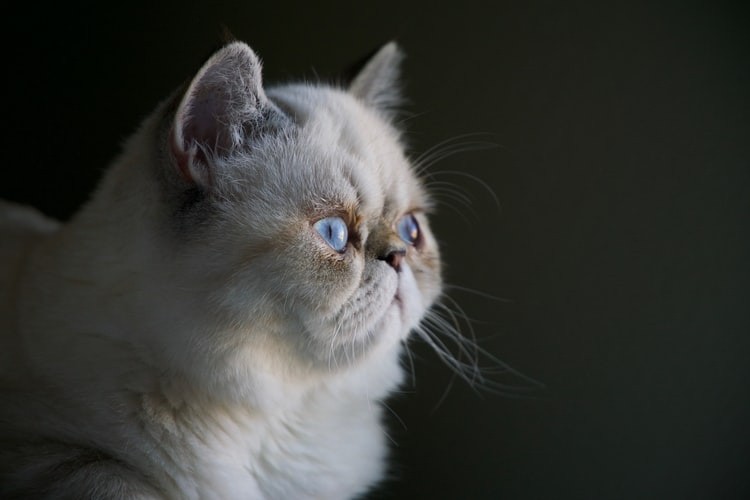
Body 'PAWSITIVITY', that's what many internet users have been posting all over their social media pages as they continuously post images and videos of their "chonky" kitty. The Chonky Animal trend has been going on for years on various social media applications and websites.
It may seem cute and harmless at first, but this trend raises red flags to the petting industry and animal welfare in general when one digs deeper.
Read also: A Cat's Drug: What Make Catnips Work
What is "Chonky"
For the uninitiated, on the worldwide web, chonky is an internet variation of the word chunky. It commonly refers to chubby or fat people and/or animals. For others, this is a more light-hearted approach of using the adjective "fat" to describe someone or something.
Some examples:
"Look at that chonky doggo" (Look at that fat dog)
"I have gotten a little bit chonky over the holidays" (I have gained some weights over the holiday)
The slang is synonymous with other internet slang like phat, thicc, and many more.
Chonky Kitty
For years, internet pet owners have been celebrating and promoting their fat cats on social media. It has been a very notable trend that even had a few internet celebrities and influencers' involvement.
In this trend, the owner shows pictures and videos of their cats being cute because of their large size. However, these cats are not usually in their healthiest medical condition.
It's not uncommon for domesticated animals to gain more flabby weights when compared to their wilder cousins. However, what's alarming about this is that some owners are purposefully overfeeding their pets, intending to make them gain more weight-a clearly unhealthy state for the animal to be in. In addition to overfeeding, these animals are also mentally and physically conditioned not to get the exercise it needs.
All this is done under the guise that the owners are just "spoiling their little babies" because they claim to "not wanting to stress them out" or "they are giving them the time of their lives."
#ChonkyAnimals
The "Chonky" trend is not only exclusive to the cat-owning community; this is seen in almost all parts of the petting community. Pictures of oversized dogs, rodents, even horses, and raccoons are all over the internet. Many have been going crazy over the animal's cuteness, while only a few recognized the unhealthy state that these animals are in.
Animal Obesity
Animals, unlike humans, cannot decide whether or not they think they are overweight or not. What's sadder is that they also cannot ask for help in ways understandable to many humans. Because of these conditions, unaware and abusive pet owners tend to get away with fattening their "beloved" companions because they thought that the animals are enjoying the treatment.
Pet obesity has been a growing concern in the American veterinary community. The American Veterinary Medical Association estimates that a shocking 35 percent of US pets are either overweight or obese. What's even more alarming is that many of the owners are intentionally fattening up their pets, while those who want to help them shed the unhealthy weight has no idea of how to handle it-a chonky kitty, the "cuteness" that comes with a high price.
For more news update about the latest animal trends, don't forget to follow Nature World News
© 2025 NatureWorldNews.com All rights reserved. Do not reproduce without permission.





